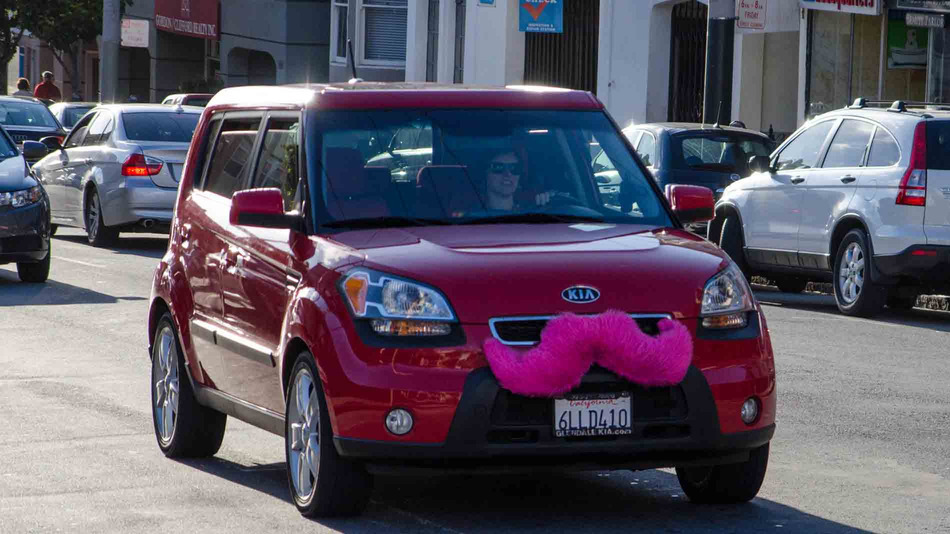New York City's new $17.22 minimum wage for Uber and Lyft drivers is starting to have the desired effect.
Politico first reported that following both Uber and Lyft have "quietly" stopped accepting new drivers in the city, citing the higher wages for cabbies.
But the law is being seen as not only a win for the drivers, who now get paid more, but for everyone else, thanks to the promise of reduced congestion.
"It is a good sign," New York City-based transportation consultant Bruce Schaller told Streetsblog.
The rules are designed in part to minimize the amount of time Uber and Lyft drivers spend "deadheading" — cruising around without paying passengers. It seems to be working says Schaller. According to NYC data, the total number of trips hasn't fallen, but the "utilization rate" — the amount of time spent actually ferrying customers — has risen.
Uber and Lyft are in competition with each other on both price and, crucially, response times. That means these companies incentivize their drivers to frequently be cruising without passengers. The companies used complicated bonus schemes to encourage drivers to work during low demand times.
But that's bad news for city dwellers, and bus riders, who have to deal with the increased congestion it causes. The companies added 5.7 billion miles of driving to the nine major cities where they are mostly concentrated in 2017, according to Schaller. In San Francisco, now about one in five trips within city limits is an Uber or Lyft trip.
Consumers may notice a longer wait time as a result of the rule, Schaller said. But that could benefit transit, which has been getting drubbed by Uber and Lyft.
Cities have just started considering how to regulate these companies to reduce some of the problems they cause, from reduced transit use to higher traffic fatalities to questionable labor practices.
"It’s trying to bring the ride hail industry into the early 20th century where we started to have minimum wage rules," Schaller said. "The whole idea of independent contractors for these companies is to undo over a century of protections."
Schaller says New York City's new rules may have to be tweaked, but they appear to be a step in the right direction. New York also imposed a moratorium on new Uber and Lyft vehicles last summer.






